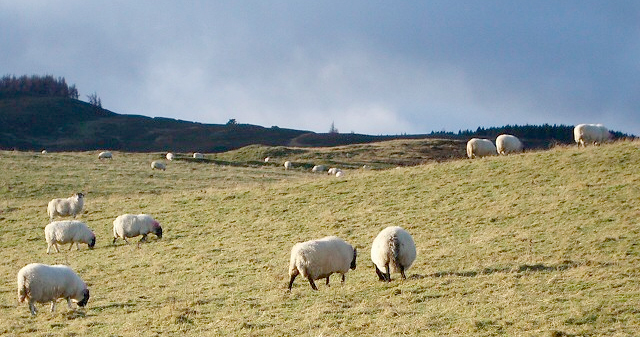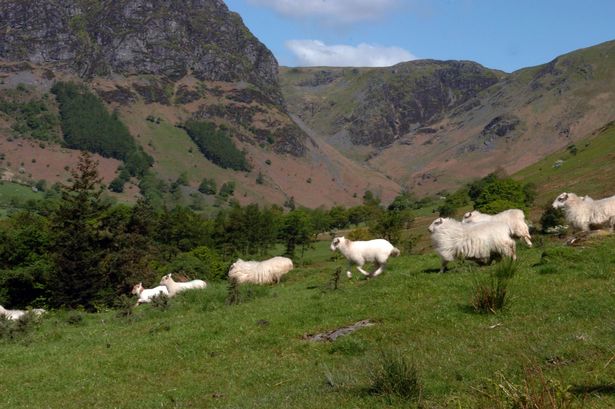
Ulster Farmers’ Union has warned that uncertainty around the Areas of Natural Constraint (ANC) scheme is creating "major difficulties" for farmers making management decisions this autumn.
Hill farming chairman, Ian Buchanan said it has been five months since the end of the government consultation on whether the ANC scheme should continue.
"We are still waiting for a decision," Mr Buchanan said.
"Uncertainty around whether or not we will have a scheme after 2017 is making it impossible for farmers to make decisions about the future," said Mr Buchanan.
Examples of this frustration, says Mr Buchanan, include sheep producers trying to plan their breeding season and farmers questioning the value of taking conacre (the letting by a tenant of small portions of land prepared for crops or grazing) in severely disadvantaged areas.

"Due to the tight margins in livestock production, the decision on support will decide whether or not some severely disadvantaged land is farmed in the future," Mr Buchanan said.
"This underlines how important the ANC scheme is for supporting productive farming in these areas."
If the government opts to end the ANC scheme it would result in the "immediate loss of £20 million a year to farmers in severely disadvantaged areas," the Ulster Farmers Union said.
The continued delays to the introduction of the new agri-environment scheme will also hit farm incomes, with suckler herds particularly badly affected.
'Production will decline in disadvantaged areas'
"Despite some recent improvements in beef and sheep prices, margins are slim," Mr Buchanan explained.
"Direct support and agri-environment payments remain the biggest source of income on these farms. This has been recognised by neighbouring regions.
"They have encouraged investment, because they understand the contribution these farmers make to the wider economy, the environment and rural communities," he said.
Mr Buchanan added that if this approach is not adopted here production will decline in severely disadvantaged areas.
"This would be to the detriment of the agri-food industry, while marginal areas no longer farmed would fall quickly into disrepair – a situation that would not be easily reversed," he said.
